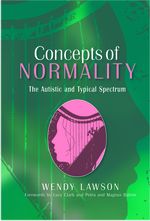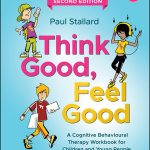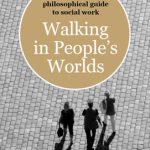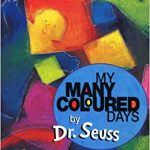For those with autism, understanding normal can be a difficult task. For those without autism, the perception of normal can lead to unrealistic expectations of self and others. This book explores how individuals and society understand normal, in order to help demystify and make accessible a full range of human experience.
Wendy Lawson outlines the theory behind the current thinking and beliefs of Western society that have led to the building of a culture that fails to be inclusive. She describes what a wider concept of normal means and how to access it, whether it is in social interaction, friendships, feelings, thoughts and desires or various other aspects of normality. Practical advice is offered on a range of situations, including how to find your role within the family, how to integrate difference into everyday society, and how to converse and connect with others.
Accessible and relevant to people both on and off the autism spectrum, this book offers a fresh look at what it means to be normal.
Contents:
- Acknowledgements.
- Foreword. Lucy Clark, Homes Caring for Autism Ltd, UK.
- Preface. Petra Bjorn, Lund University, Sweden and Magnus Bjorn, Nimbus Resurscenter, Lund, Sweden.
- Introduction.
- 1. Developing Images of Normal and Influence Upon Concepts of Normality.
- 2. Developing Concepts of the Autistic and Typical Spectrums.
- 3. The Individual, Family and Society: More on How Ideas of Normality have Changed.
- 4. A Typical Day and a Typical Conversation (Implications and Know-how for Conversing with Others).
- 5. Whose Mind Do We Have? Knowing One Another.
- 6. Autism, Sexuality and Normal.
- 7. Whose Normal is it Anyway? Dr Dinah Murray, The University of Birmingham, UK .
- 8. Inclusive and Accepting or Exclusive and Rejecting? Understanding Self and Other.
- 9. The Mismeasure of Autism: The Basis for Current Autism ‘Advocacy’. Estee Klar-Wolfond, The Autism Acceptance Project, Canada.
- 10. Changing the Status Quo So That it Does Not Change Me but Allows Me to Develop My Fullest Potential.
- References.
- Resources.
- Index.
Author Bio:
Wendy Lawson is a mother of four, who was originally diagnosed as being intellectually disabled, then in her teens as being schizophrenic, and finally in 1994, as having an autism spectrum disorder. She has been married, separated and divorced, has experienced the death of one of her teenage sons, gone through moving from one country to another, losing friends and status due to being openly gay, faced ill health and recently come to terms with the fact that she is aging! Her youngest son was diagnosed at the age of 12 as having Asperger’s Syndrome. As a qualified counsellor, social worker and psychologist Wendy has operated her own private practice for many years.






